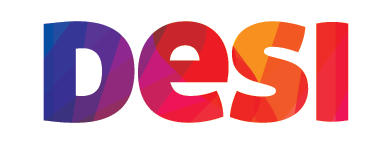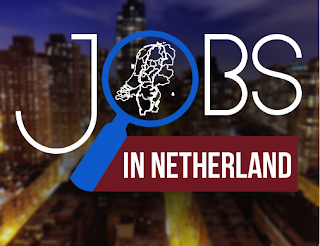Jobs In Netherlands
Jobs in Netherlands
Jobs In Netherlands, there
are many opportunities for those looking for a new career. You will be able to
apply for different jobs in the country if you have the right qualifications.
This article will help you to find the right job in the country. You will learn
about Minimum wage, work permit requirements, and other important aspects of
living in the country. Here are a few other tips to consider before you apply
for a new job in the Netherlands.
Qualifications required for jobs in the Netherlands:
A number of sectors in
the Netherlands have stable demand for skilled professionals with the right
qualifications. For example, creative industries, health care, and ICT sectors
are among the most sought-after sectors. Similarly, the Netherlands has a
strong tradition in high-tech engineering, innovation, and science. According
to a recent study by global talent bureau, the Netherlands has one of the
highest demands for engineers in the world. More than a quarter of job
advertisements in this sector are for engineers.
Many international
companies are headquartered in the Netherlands, and this means that skilled
professionals with good English skills will be able to find a number of
opportunities there. Although some employers require fluency in English and
Dutch, it is possible to find a job without language skills as long as you can
demonstrate superior professional competence. The average salary is
approximately 36,000 EUR ($39,400 USD) per year and is taxed fairly heavily.
Methods of applying for jobs in the Netherlands:
There are several methods
of applying for jobs in the Netherlands. You can approach companies directly or
browse their websites for vacancies. Alternatively, you can use a recruitment
agency. These agencies post workers to other organizations, and have special
preferential conditions when it comes to immigration and work permits. Listed
below are some of the best methods for applying for jobs in the Netherlands.
All these methods require some work, however. However, the best way to secure a
job in the Netherlands is to use your network.
Firstly, let your friends
and acquaintances know that you are looking for a job. Send your curriculum
vitae and cover letter, or phone the company directly. Make sure that you have
specific questions for the company, and do not just call for the sake of
calling. This way, the company can assess whether you are suitable for the
position. Make sure to include as much information as possible, and be patient
with rejection.
Minimum wage in the Netherlands:
The minimum wage in the
Netherlands is adjusted at least twice a year, based on the average of
collectively agreed wages in the country. While the minimum wage determines a
worker's minimum social security benefits, it raises questions regarding the
tax burden associated with it. The Netherlands has implemented a new minimum
wage law to address this issue. This law takes effect in 2017.
Dutch employers are
required to pay a minimum wage and a holiday allowance to all employees. This
includes contract workers and flexi-workers. Employers can also be fined if
they fail to pay the statutory minimum wage. The minimum wage can be contested
up to five years after it is underpaid. In addition, employees with highly
skilled migration visas can take legal action against their employer to obtain
a higher wage.
Work Permit requirements in the Netherlands:
In order to work in the
Netherlands, you must first apply for a work permit. This document is required
if you are employed and plan on working for more than one year. It must also
indicate your salary. The Netherlands' labor market is relatively competitive,
and the Dutch government needs foreign workers to fill certain positions.
Having a work permit will give you an advantage over other workers in your field
and save your future employer time and hassle.
There are several steps
to apply for a work permit in the Netherlands. First, you must determine your
nationality. If you are not an EU or EEA citizen, you must apply for a work
permit. Once you have it, you can start working and find a job in the
Netherlands. Afterward, you must register with the Immigration and
Naturalization Service. In addition to applying for a work permit, you must
also obtain a work visa.
Networking to find a job in the Netherlands:
The Dutch know how to use
social media and networking sites, such as LinkedIn. LinkedIn is an important
tool for professionals looking to network in the Netherlands and is used by
many employers for business development purposes. Job sites are losing touch with
job seekers in the Netherlands, so they should take this Chinese proverb to
heart. Networking is essential if you want to land a new job in the
Netherlands. Read on for tips on how to network in the Netherlands.
Getting to know local
professionals and organizations is another great way to make contacts and
advance your career. In the Netherlands, you can network with other
professionals in your field and develop referral opportunities to find a new
job. To network in The Netherlands effectively, make sure to maintain a
professional image, find industry leaders, and build relationships with these
people. Remember that networking is about helping other people, so you must be
respectful of others' time and space.








0 Comments